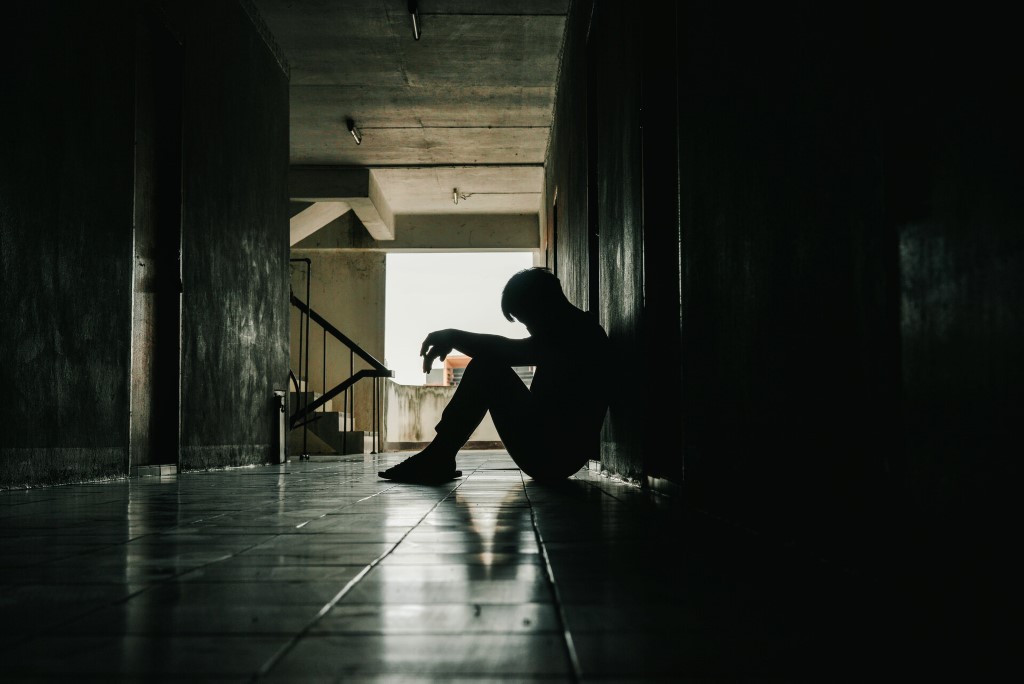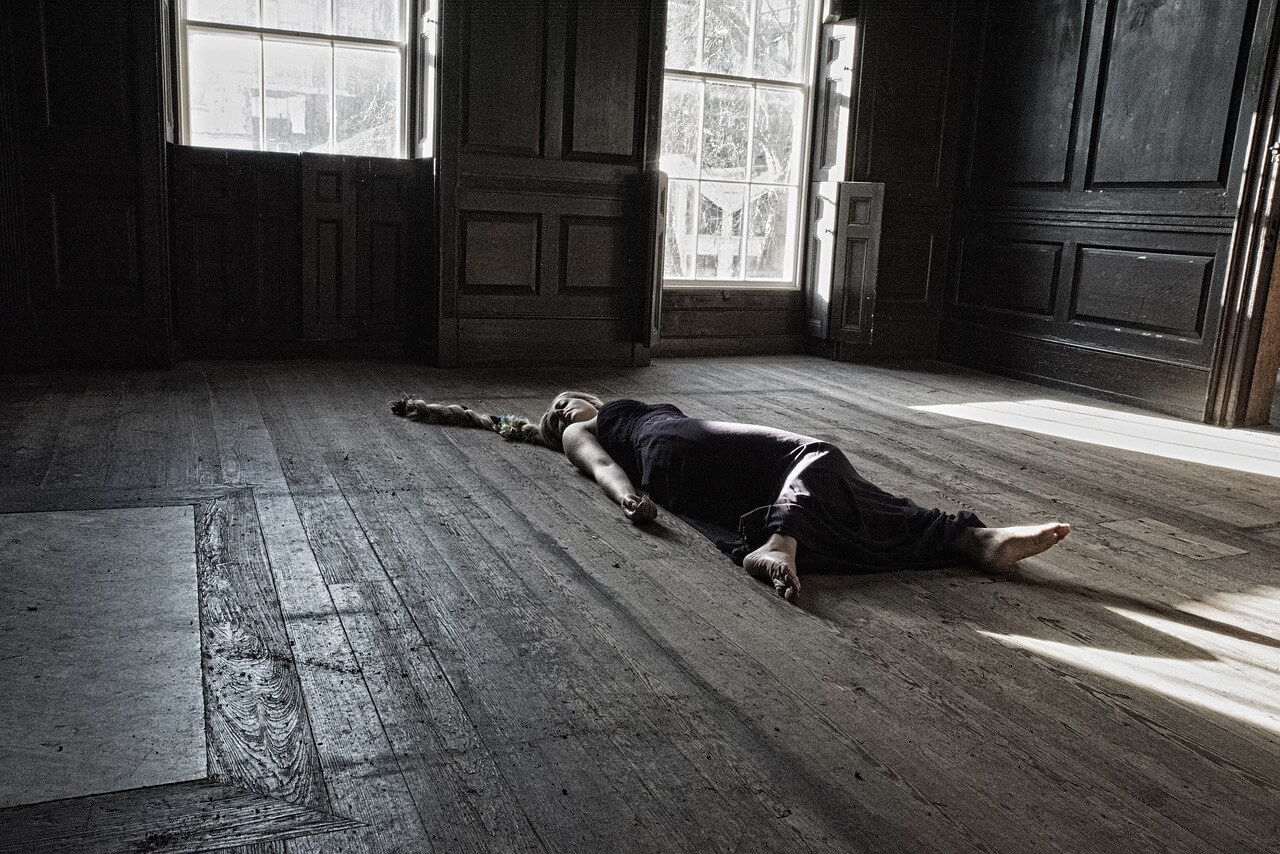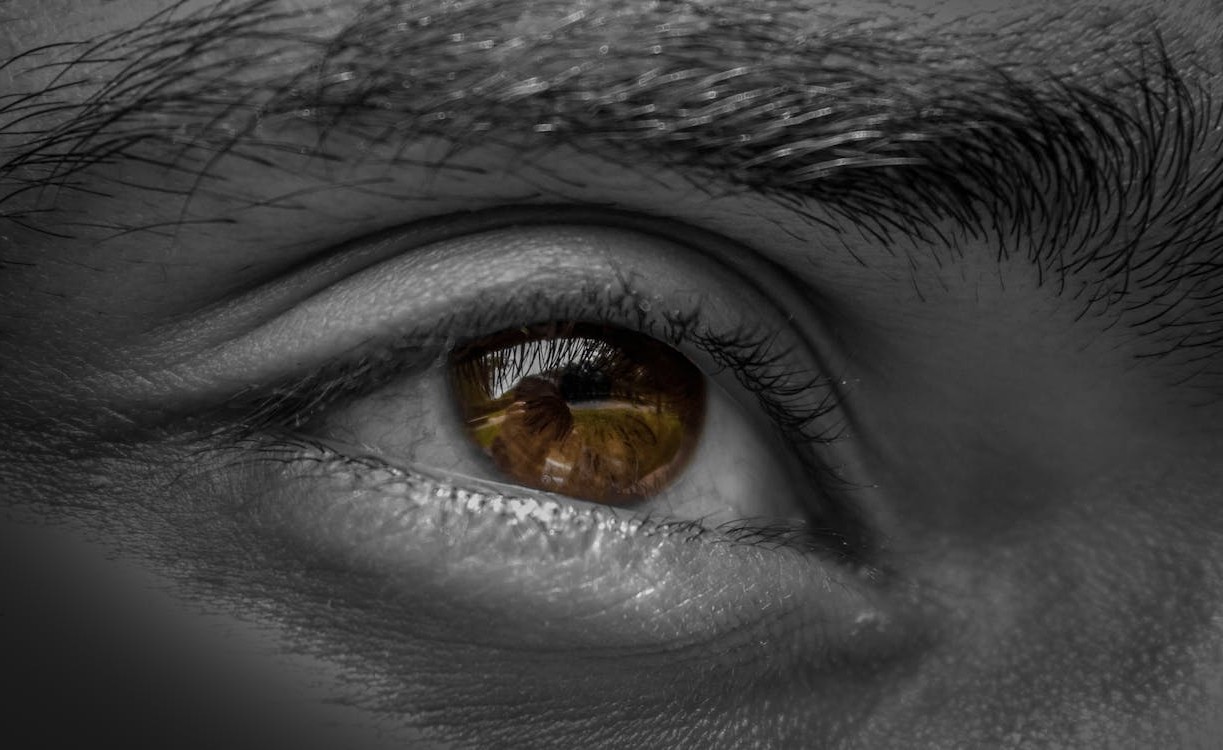The Role Of Therapy In Heroin Addiction Recovery
When someone you love falls into the clutches of heroin addiction, the pain is almost indescribable. It feels like watching a movie in slow motion, where your loved one is being pulled into a vortex, and you’re standing on the sidelines, powerless. But you’re not powerless, and there’s hope. One of the most effective lifelines for heroin addicts is therapy.
Understanding Heroin’s Grasp Heroin is a potent drug that exerts a powerful grip on its users. Once ensnared, the physiological and psychological dependencies can be overwhelming. Yet, it’s essential for you to understand that beneath that mask of addiction, your loved one is still there, struggling to break free. This is where therapy plays a pivotal role.
The Transformative Power of Therapy Therapy, especially when tailored to the individual’s unique circumstances, can be the beacon of light in this engulfing darkness. By delving into the root causes and addressing underlying issues, therapy offers more than just symptomatic relief; it provides tools for lasting change. And it’s not just about individual sessions. Group therapies, cognitive-behavioral approaches, and holistic treatments like art or music therapy can collectively guide your loved one back to their authentic self.
Collaboration with Changes Rehab Changes Rehab, with its esteemed panel of professionals, understands the intricacies of heroin addiction. They emphasize the need for therapy that is rooted in compassion, understanding, and expertise. With their guidance, many have retraced their steps from the abyss of addiction to the path of recovery.
Frequently Asked Questions
- What types of therapies does Changes Rehab offer for heroin addiction?
Changes Rehab offers a range of therapeutic interventions, including individual counseling, group therapy, and holistic approaches tailored to the individual’s needs. - How long does therapy typically last for heroin addiction at Changes Rehab?
The duration varies based on the individual’s requirements and progress. It’s a personalized approach. - Are family members involved in the therapy process at Changes Rehab?
Yes, family involvement is often encouraged as it can be pivotal in the recovery process. - How does therapy address the underlying causes of addiction?
Therapy delves deep into personal histories, traumas, and triggers, addressing and resolving them to prevent relapse. - Does Changes Rehab offer outpatient therapy?
Yes, Changes Rehab provides both inpatient and outpatient therapy options. - Is therapy alone enough for heroin addiction recovery?
Therapy is a critical component, but a comprehensive approach, which may include medication and community support, is often recommended. - What’s the success rate of therapy in heroin addiction recovery at Changes Rehab?
While individual results vary, Changes Rehab prides itself on its high success rate, thanks to its personalized approach. - Can therapy help in preventing relapses?
Absolutely. Therapy provides tools and coping mechanisms that can significantly reduce the chances of a relapse. - How soon can we see improvements with therapy?
The journey is unique for everyone. Some may show signs of improvement quickly, while for others, it might take longer. The key is persistence and continued support. - Is there aftercare or post-recovery support provided by Changes Rehab?
Yes, Changes Rehab believes in supporting individuals even after their primary treatment, ensuring long-term recovery.
A Comprehensive Guide on The Role Of Therapy In Heroin Addiction Recovery
1. Acknowledge the Problem The first step in any recovery journey is admitting there’s an issue. If you or someone you love is struggling with heroin addiction, acknowledging it openly is crucial. This admission can be the gateway to seeking professional help.
2. Research Therapeutic Options There are various therapeutic interventions available for heroin addiction. Familiarize yourself with options such as individual counseling, group therapy, cognitive-behavioral therapy, and holistic treatments like art or music therapy. By understanding these, you can make informed decisions about what might be the best fit.
3. Seek Professional Help Reach out to reputable rehab centers like Changes Rehab, known for their personalized and compassionate approach. A professional will evaluate the addiction’s severity and recommend the most suitable therapeutic interventions.
4. Engage in Individual Counseling One-on-one sessions with a therapist can help address personal traumas, triggers, and underlying causes of addiction. This personalized setting allows you to explore your feelings, thoughts, and behaviors in depth.
5. Participate in Group Therapy Group therapy provides a platform to share experiences with others facing similar struggles. Listening to others and knowing you’re not alone can be incredibly therapeutic and can foster a sense of community and mutual support.
6. Explore Cognitive-Behavioral Therapy (CBT) CBT focuses on identifying negative thought patterns and behaviors and replacing them with positive ones. It equips you with coping mechanisms to handle triggers and cravings, which can be vital in preventing relapses.
7. Dive into Holistic Therapies Holistic treatments like art, music, or even yoga can be therapeutic, allowing you to express feelings and emotions that might be challenging to articulate. Such therapies can also serve as constructive outlets, replacing the void that drugs might have previously filled.
8. Involve Loved Ones Recovery isn’t a solitary journey. Involving close family and friends can offer an additional layer of support. Many rehab centers, including Changes Rehab, often have sessions dedicated to family involvement, recognizing their pivotal role in the recovery process.
9. Set Short-Term and Long-Term Goals Having tangible goals can motivate and provide direction. Whether it’s staying sober for a day, a week, or a month, or maybe reconnecting with old hobbies or rebuilding strained relationships, setting goals can give you purpose.
10. Utilize Aftercare Services Recovery doesn’t end when therapy sessions or rehab stints do. Ensure you’re leveraging aftercare or post-recovery support services, which many institutions, including Changes Rehab, offer. These can include follow-up sessions, community support groups, or even workshops.
11. Stay Persistent The journey to recovery is unique for everyone and may have its share of ups and downs. Remember to stay persistent, rely on your support system, and continue to use the tools and coping mechanisms therapy provides.
When delving into the world of heroin addiction recovery, it’s evident from the last two articles that therapy plays an indispensable role in facilitating healing and transformation. The initial article, framed from a family member’s perspective, elucidates the anguish and hope that loved ones experience when seeking help for an addict. This viewpoint underscores that addiction isn’t just an individual’s battle; it ripples through families and communities. On the other hand, the step-by-step guide offers a more pragmatic approach, detailing the stages and therapeutic interventions one might navigate during recovery.
One of the central themes emerging from both pieces is the multifaceted nature of therapy. It isn’t just about addressing the physical aspect of addiction but delving deeper into the emotional and psychological dimensions. Individual counseling, as highlighted, provides a platform for introspection, allowing you to confront personal traumas and triggers. Conversely, group therapy fosters a sense of community and belonging, reminding you that you’re not isolated in your struggles.
Moreover, the emphasis on holistic therapies in the step-by-step guide suggests that healing isn’t linear. Approaches like art and music therapy, while unconventional, can offer profound avenues for expression and catharsis. In the journey of recovery, it becomes evident that one size doesn’t fit all; what works for one individual might not resonate with another.
Both articles also reiterate the importance of continued support. From involving loved ones to tapping into aftercare services, sustaining recovery is an ongoing process, and ensuring you have the right structures in place is paramount.
In analyzing these articles, it’s clear that therapy’s role in heroin addiction recovery is complex, multifaceted, and deeply personal. Whether you’re a family member seeking help or an individual navigating the path to sobriety, understanding the therapeutic options and tailoring them to your unique needs can be pivotal. As Carl Jung once said, “I am not what happened to me, I am what I choose to become.” In the context of therapy and recovery, this quote underscores the transformative power of therapeutic intervention, empowering individuals to reclaim their narrative and chart a new course for their future.
















